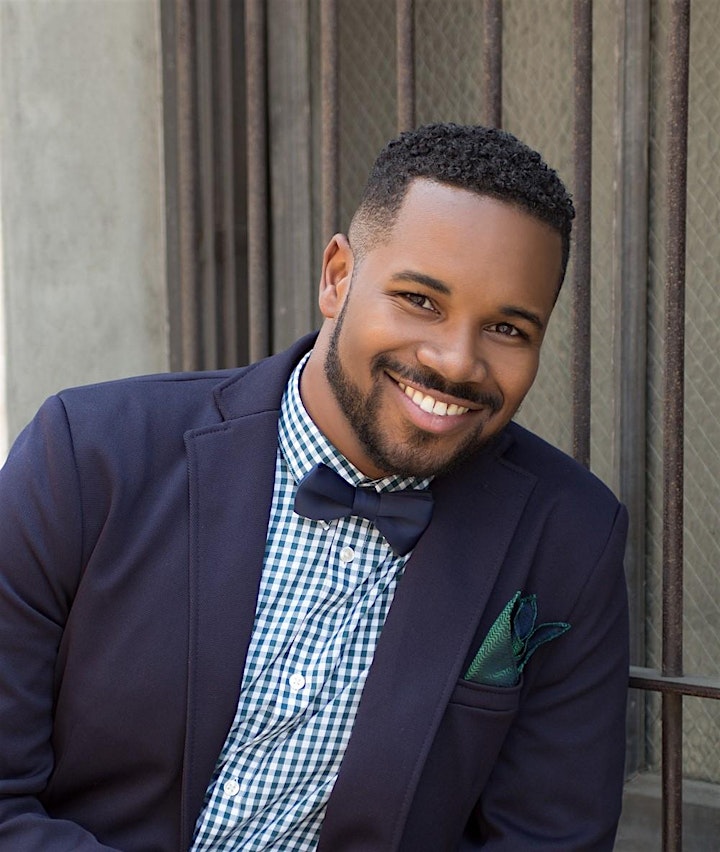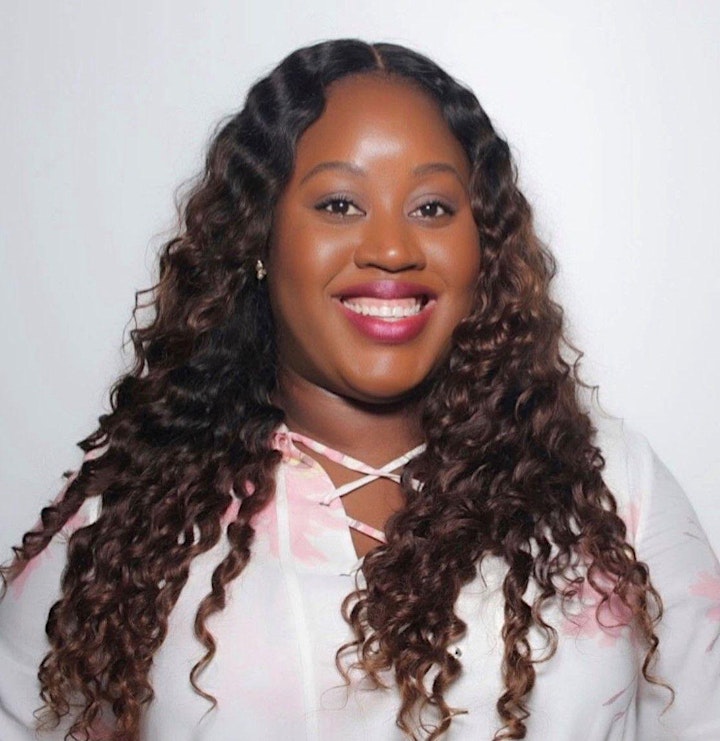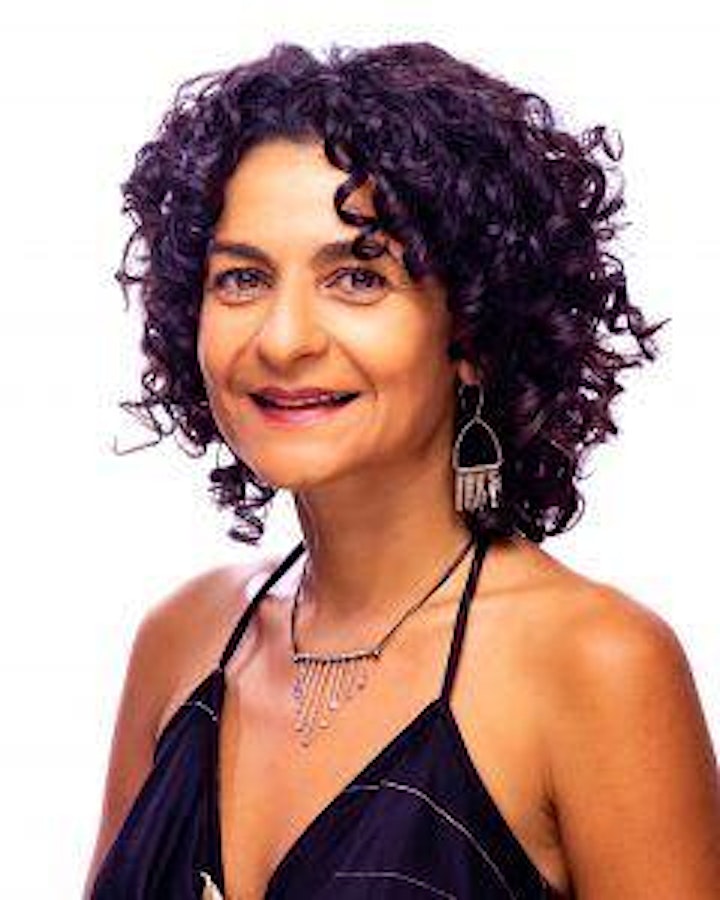April 25, 2022 - May 10, 2022
Mon | 2:30 pm - 3:30 pmOnline Event



Any teachers, educators, community leaders, community partners
About the Trainers:
Allen E. Lipscomb, PsyD, LCSW is an Associate Professor and Director of Online and Offsite MSW Programs as well as Director of Minority Male Mentoring (M3) and Student Success Allies (SSA) program at California State University Northridge in the Department of Social Work. Dr. Lipscomb is a clinical psychologist by highest degree earned and a Licensed Clinical Social Worker in the State of California. Dr. Lipscomb received his doctorate in Psychology (Psy.D.) with a clinical emphasis in marriage, family and child psychotherapy from Ryokan College and his Master of Social Work (MSW) from the University of Southern California. Upon completing his doctorate, he earned a certification in mixed-methods community-based research from the University of Michigan in the School of Social Work. In addition, Dr. Lipscomb studied diversity and inclusion practices within organizations through Cornell University, earning a certification from the School of Industrial and Labor Relations at Cornell.
Dr. Moshoula is a Professor of Sociology at California State University Northridge (CSUN). She earned her Masters of Social Work (MSW) degree from San Diego State University (SDSU) and her doctoral degree from Portland State University (PSU). She has clinical social work practice experience working with children and youth, as well as with veterans in the area of mental health and addictions. Her research interests and passions involve the use of arts-based research methodologies as a form of activism for social justice and as a way to highlight the voices of marginalized individuals, groups & communities. Over the past 14 years, she has facilitated numerous community-based, photovoice projects with marginalized populations, including individuals working in sex trades, LGBTQ+ immigrants and refugees, LGBTQ+ former foster youth, and grandparent caregivers. Interdisciplinary perspectives from social work, gender & sexuality studies and sociology intersect to shape her interests in: critical pedagogies, transnational issues, empowerment, social justice and diversity, anti-oppressive and de-colonizing research and practice methods, critical feminist and queer theory, visual and public sociology, community engagement, and social activism through the arts. Since the pandemic, she has facilitated various community-based trainings and workshops on the power of the arts for individual and collective healing.
Vanessa Myrie is a Licensed Clinical Social worker with over eight years of clinical experience in the medical and mental health field, working with diverse adult and geriatric populations in inpatient and outpatient settings. She currently works at UCLA Resnick Neuropsychiatric Hospital providing individual, group and family therapy services to adults with acute and persistent mental illnesses in a partial hospitalization setting. Her program serves as a transition from or alternative to inpatient hospitalization. Vanessa provides direct services to patients living with depression, anxiety, bipolar disorder, and schizophrenia. Vanessa has completed training in various treatment modalities including Cognitive Behavioral Therapy (CBT), Dialectical Behavioral Therapy (DBT), and Cognitive Behavioral Social Skills Training (CBSST) for psychosis. She facilitates groups on mental health relapse prevention, coping skills, communication skills, mindfulness, and symptom management. As a result of the pandemic, many patients that Vanessa treated were parents and educators who were having difficulties coping with the ramifications of the pandemic on a personal, professional, and familial level. A common theme among all ages, races, and genders was the need for and implementation skills of self-care, community care, and healthy boundaries. Vanessa earned dual Master’s degrees in Social Work and Gerontology from University of Southern California and a Bachelor of Arts in Sociology (Social Welfare) from California State University, Northridge.
Presented by: Allen E. Lipscomb, PsyD, LCSW
This training focuses on the ways in which culturally responsive awareness and practices has the capacity to forge genuine relationships among culturally diverse clients. Participants will have the opportunity to explore their own positionality and engage in acts of reflexivity utilizing cultural humility. Participants will be situated to better understand, redirect, and leverage their interpersonal traits in a way that will be conducive to successful engagement with culturally diverse individuals across various populations.
Presented by: DR. Moshoula Capous-Desyllas, PhD, MSW & Vanessa Myrie, MSW, MSG, LCSW
This interactive workshop will begin with a psychoeducational overview of the mental health impacts of COVID-19 on K-12 educators from a trauma-informed lens. We will explore the challenges of navigating work-life balance at the individual, social and institutional level. Attention will be paid to identifying personal burn-out, the need to hold space for students and the ways to navigate institutional demands and expectations. A focus will be placed on creative, arts-based strategies for self-care and community-care. These creative tools will be presented to emphasize the importance of harmonizing the heart, mind, body and spirit for personal and collective healing. Through this workshop, we will have the opportunity to examine diverse arts-based approaches and creative activities to explore the impact of the arts for personal and social transformation.
Presented by: Allen E. Lipscomb, PsyD, LCSW
The aim of this this training is designed to deepen your awareness around racial equity, implicit bias and diversity and spark reflection around how you and others that you work with can promote wellness, equity, and action. Additional topics will include healing centered engagement; collective care; and antiracist practices.
Presented by: DR. Moshoula Capous-Desyllas, PhD, MSW & Vanessa Myrie, MSW, MSG, LCSW
The COVID-19 pandemic created the largest global disruption of education processes and systems in history, forcing diverse educators within schools, universities, communities, and non-profit organizations to shift the ways in which they deliver knowledge. Transitioning from traditional face-to-face learning to on-line learning posed many challenges for both educators and learners, while simultaneously creating the opportunity for teachers to generate, cultivate and implement creative teaching strategies. This interactive workshop will begin by exploring the mental health impact on BIPOC students, families and communities from a trauma-informed, anti-oppressive practice lens. The racial, social and economic inequalities that have been exacerbated by the pandemic will inform the importance of using the arts in K-12 education for individual and collective healing. Through this workshop, we will explore diverse arts-based and creative activities to that promote critical and socially engaged teaching and learning through the arts as a form of self-expression, social and emotional learning, and personal and collective healing.
Participants should feel free to attend any/all of the trainings. Those who register will be emailed the Zoom link to participate the Friday in advance of the training. Post training a quick survey will be emailed to all participants.
Yvette Martinez at 323-523-8601 or ymartinez@childrensinstitute.org